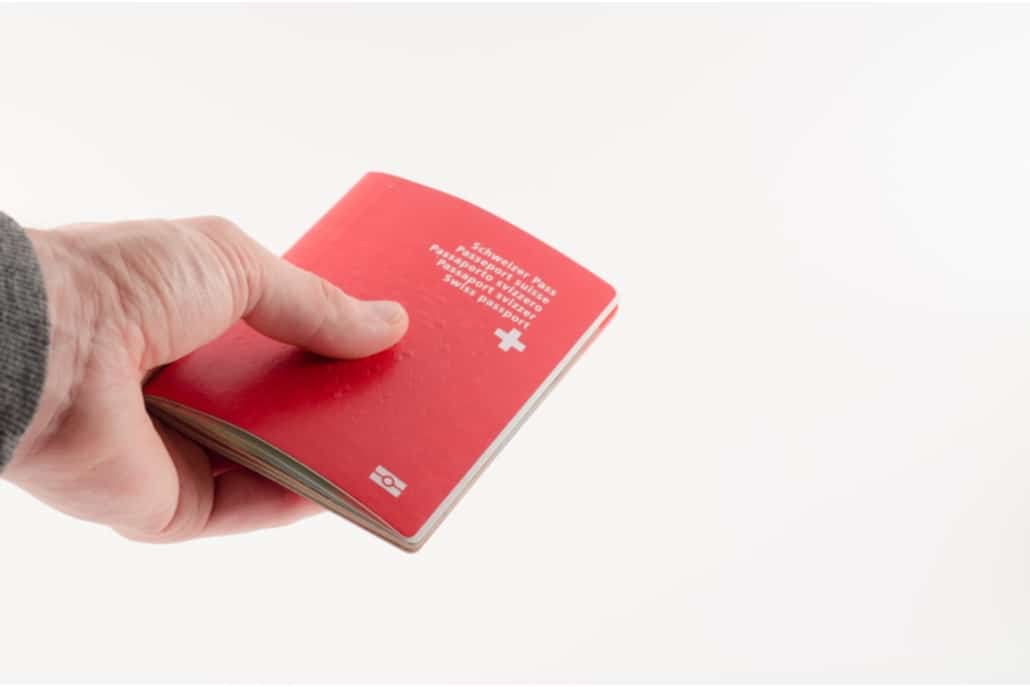Naturalization
Becoming Swiss

Since January 1, 2018, the new Federal Nationality Act has come into force.
The procedures for acquiring Swiss nationality have changed.
The procedure differs if the candidate is related to a Swiss person.
There are two different naturalization procedures:
Processing time
In principle, all naturalization procedures filed after January 1, 2018 should not exceed 18 months, from the filing of the application to the time of the municipal decision. Times may vary depending on current requests and processing times.

Spouse of a Swiss citizen
In order to obtain Swiss nationality, spouses of foreign origin may apply for facilitated naturalization if they meet the following conditions:

Becoming Swiss
One of the main conditions for applying for naturalization is a certain level of proficiency in a national language.
For the French-speaking cantons, thefollowing levels of French are required:
An exception can be made for personal circumstances that would prevent language learning, by providing a certificate recognized by the canton or a detailed medical certificate relating to language skills (art. 9 OLN).
Read more